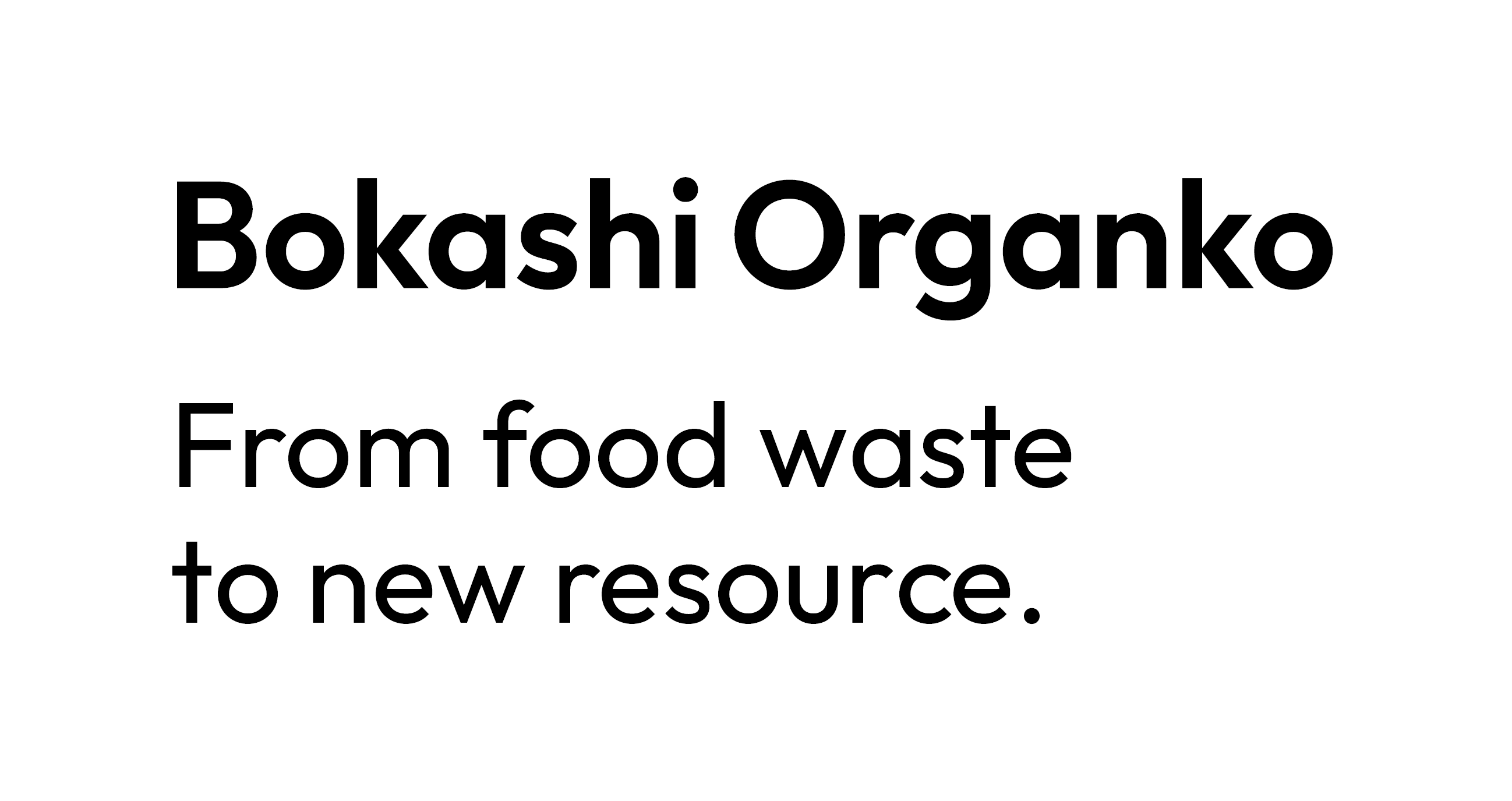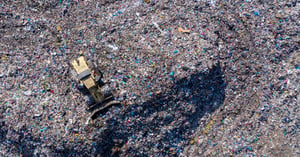The environmental impact of food waste is quite significant. Especially in most places, food waste is not treated correctly and ends up in landfills. Moreover, it is extremely painful to see millions of tons of food wasted every day while every tenth person is still underweight. Like many aspects of our society, the food industry is highly inefficient and ready for radical shifts. However, unfortunately, we can’t implement changes that will reduce the amount of wasted food overnight. Luckily, we can ensure that food waste is treated correctly and thus at least reduce the negative environmental impact of food waste.
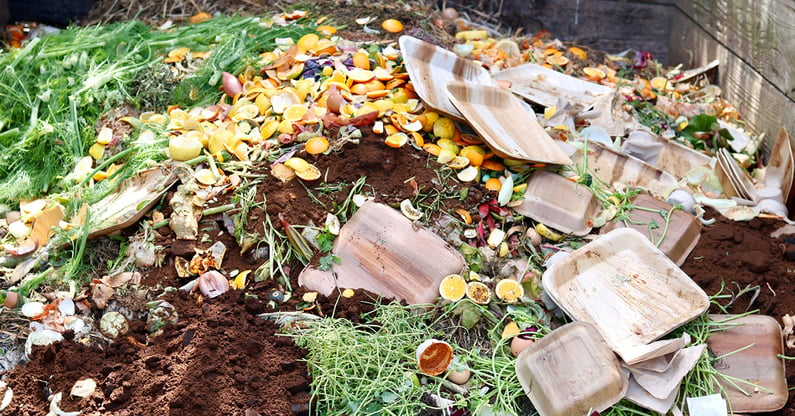
We will look closely at why food waste harms our environment. Furthermore, we will also take a look at some shocking numbers that shine a light on the concerning lack of efficiency in food production and distribution. Lastly, we will focus on the most efficient way to handle organic waste responsibly. The latter helps us keep food waste in the loop and thus ensure that organic waste finds its purpose. Moreover, until we manage to reduce food waste to a minimum, composting remains our best chance to prevent the negative environmental impact of food waste.
The ugly truth about the environmental impact of food waste
For starters, you must remember that organic waste (mainly food waste) represents 34% of all municipal waste. Furthermore, 57% of that waste is not recycled. As such, most of the current food waste still ends up in landfills. And while most people think that it is entirely natural for organic waste to decompose in a landfill, this is not the case. You need to be aware of the problem of rotting organic material, which releases methane.
The latter is a greenhouse gas that contributes to enhanced global warming, which continues to be the leading issue of the 21st century. Moreover, methane has 21 times more powerful negative effects than CO2. Aside from CO2 and methane, there are other greenhouse gases. These gasses absorb infrared light and thus heat up the Earth’s atmosphere. Consequently, rising temperatures cause all sorts of negative impacts on climate and ecosystems all across the globe. Moreover, scientists believe that by preventing food waste from ending up in landfills, we could eliminate 11 percent of greenhouse gasses produced by the entire food system. [1]
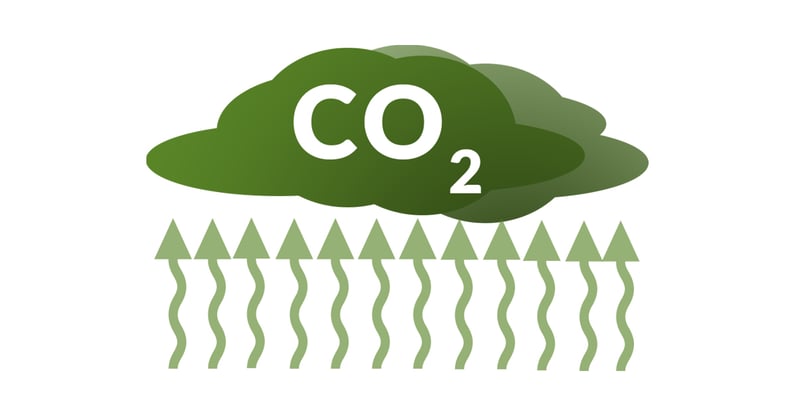
The complexity of the environmental impact of food waste
Aside from methane release, which is a direct negative environmental impact of food waste, the problem is way more complex. For instance, it is worth pointing out that agriculture accounts for 70 percent of the entire water used across the globe. Every time we waste food, we also waste fresh water supplies. Moreover, according to the latest data, we waste a staggering 250 km3 of water each year to produce food that is lost or destroyed. That volume of water is equivalent to three times the volume of Lake Geneva. [2]
Here are some other concerning facts that might help you think twice before wasting your food again:
- By wasting four kilograms of beef, we waste 50.000 liters of water that was used to produce that meat.
- When you pour a glass of milk down the drain, you are, in fact, wasting almost 1000 liters of water.
To learn more about the negative environmental impact of food waste for specific foods, we encourage you to take a closer look at the ecological impact of eco-point (EPs). This indicates that wasting locally produced fruits and veggies has the lowest negative impact. As such, we should focus our diets predominantly on these foods.
Another aspect of the negative environmental impact of food waste is the use of land use. Given the current stats, we use roughly 3.4 million hectares to produce the food we waste. That’s about one-third of the entire worldwide surface used for agriculture. In addition, millions of gallons of oil get wasted when we waste food as well.
Solutions to the environmental impact of food waste
The best solution to eliminate the negative environmental impact of food waste is quite obvious - we must stop wasting food. This means that every food producer, every food transporter, grocery store, every restaurant, and every household needs to become way more efficient. However, unfortunately, that kind of shift will take a lot of time. Moreover, even when we maximize efficiency, there will still be some food waste. As such, it is ensuring that food waste stays in the loop is an important piece of the solution. This is where composting enters the scene. The positive effect of composting are undeniable. For one, composting ensures that food waste is converted into new resources (compost) and organic fertilizers. Hence, it is also the core of organic gardening and farming.
However, not all types of composting can do much for the environmental impact of food waste; bokashi composting is a clear winner. It has been proven that the bokashi composting process is the most efficient and environmentally friendliest method. One of the key reasons is that it takes place in airtight conditions, which results in almost zero greenhouse gas emissions (about 20 times less than traditional composting). Moreover, bokashi composting is also highly user-friendly. It doesn’t attract pests and doesn’t produce any unpleasant smell. So, when proper bins are used, every urban and rural household can quickly implement bokashi composting in the comfort of its kitchen.
As such, every household can reduce the volume of its organic waste by 25 percent. Moreover, every household then produces its own bokashi cake and bokashi liquid. The former is a pre-compost mass that gets to be dug in the soil as a soil builder, and the latter can be used as an organic drain cleaner or as an organic fertilizer when diluted with water in a 1:200 ratio.
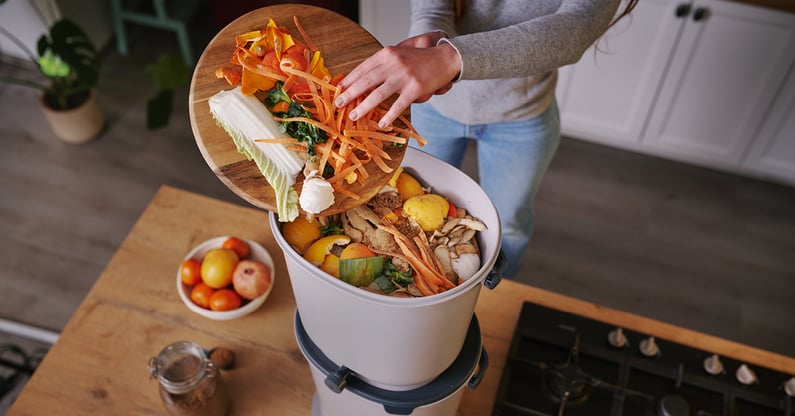
Parting Words
Being informed is always the beginning. Knowing the facts and issues that demand our attention is where most change starts. As such, you now know that the environmental impact of food waste is a serious issue that requires us to join forces and make the necessary change across the board. However, while revolutionizing the entire food supply chain will take time, you can get your bokashi composter today. Moreover, we encourage you to enroll in our free Bokashi Academy to learn more about bokashi composting. You’ll also learn how to help close the #bokashiloop.
Sources:
https://letstalkscience.ca/educational-resources/stem-in-context/environmental-impact-wasted-food
